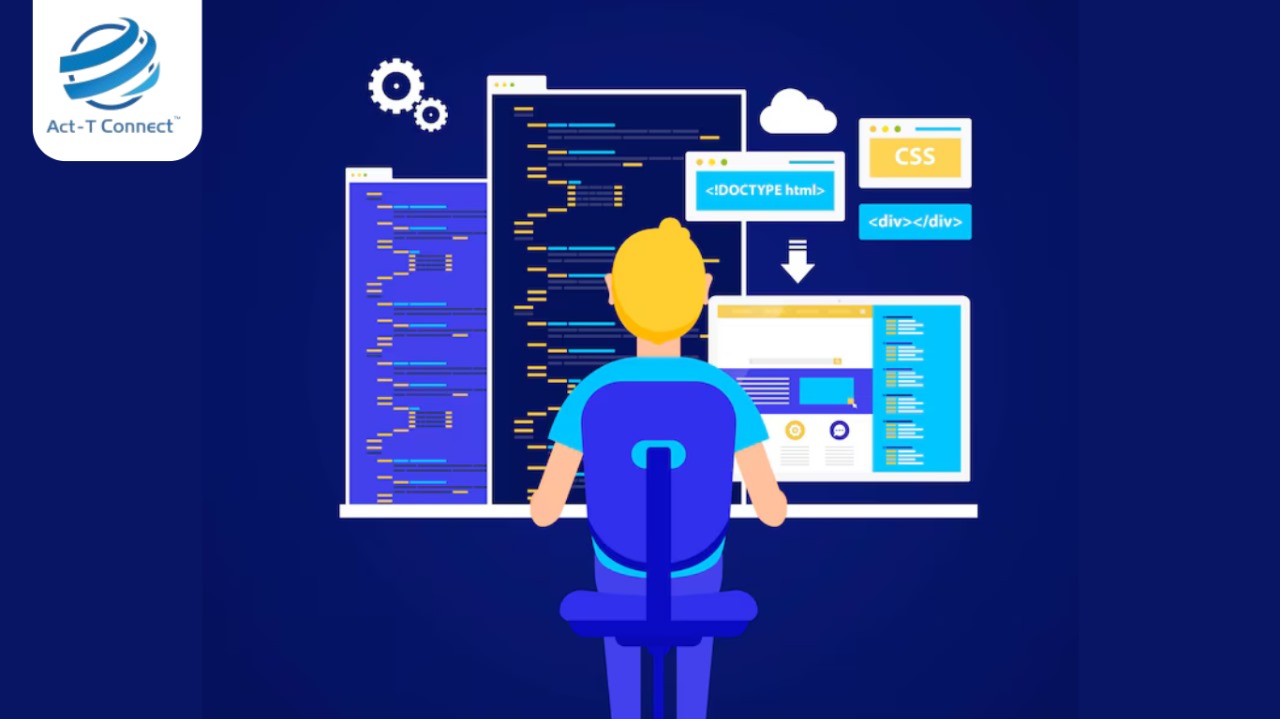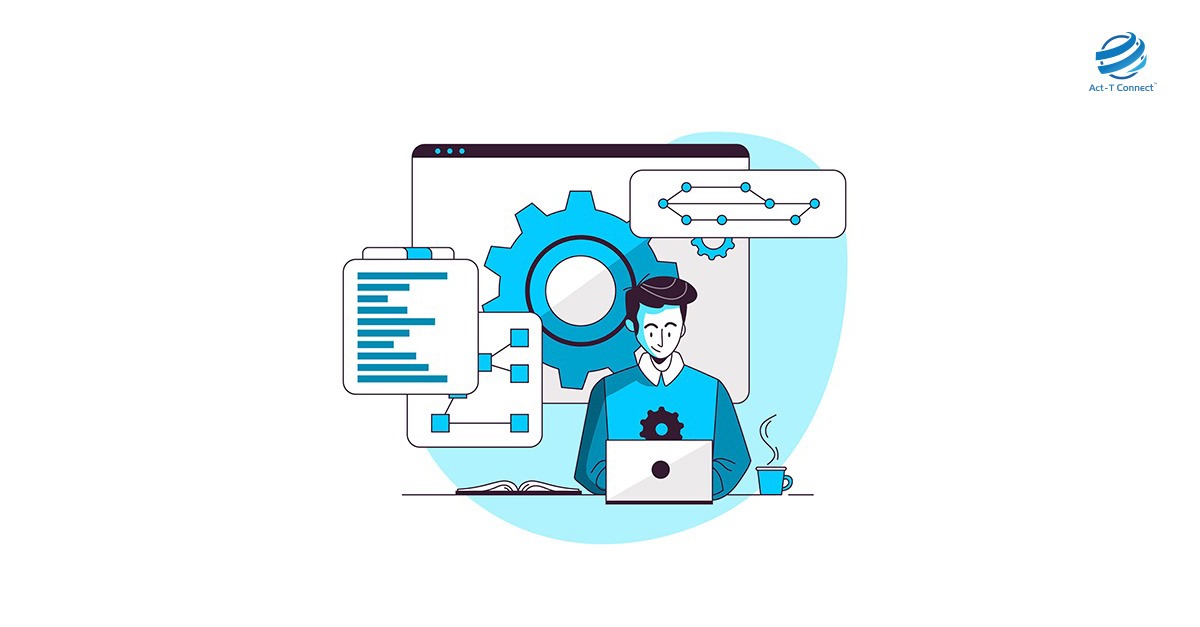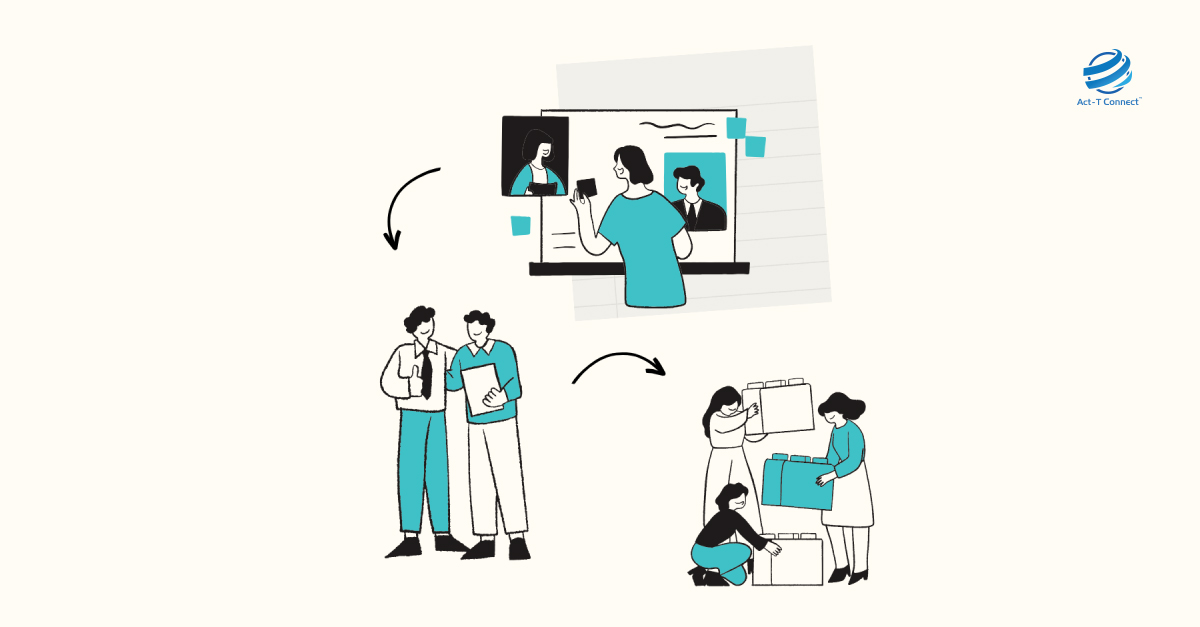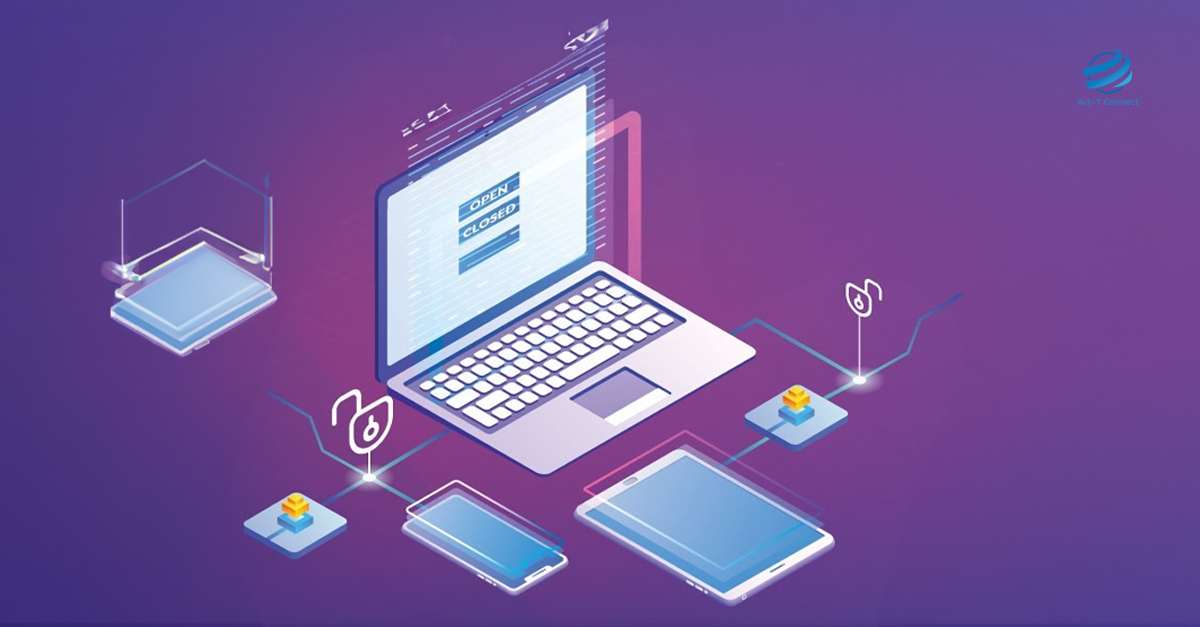
Keeping
steady coding habits is key for making good software in the fast-moving field
of software work. One helpful way to boost responsibility and improve coding
rules is the th͏ought of "3-way accountability." This plan makes sure
that code quality stays high by bringing together developers, code checkers,
and project heads in a team effort.
1.
Developer Responsibility
- Writing Neat
Code: The
main job of coders is to make code that is simple, tidy, and easy to fix.
This means sticking to code rules, making brief and clear notes, and doing
full unit test's.
- Code
Checks: Builders
ought to join in code checks by giving their mates useful feedback and
thinking about notes on their own code.
- Ownership: Builders are
in charge for the good and use of their code and must take owning of it.
2.
Code Reviewer Responsibility
- Thorough
coding Review: In
order to find possible problems like bugs, security flaws, and coding
style infractions, code reviewers are essential. They ought to give the
developer helpful criticism that may be put into practice.
- Knowledge
Sharing: Within
the development team, code reviews offer a chance for skill growth and
knowledge exchange.
- Enforcing
Coding Standards: Code reviewers assist in making sure
that all code complies with accepted best practices and coding standards.
3.
Project Manager Responsibility
- Clearly
Defined Expectations: Project managers are in charge of defining
the project's coding standards and clearly defining expectations for code
quality.
- Monitoring
Code Quality: To spot possible problems and opportunities for
development, project managers should keep an eye on code quality
indicators like coverage and bug rates.
- Collaboration
Facilitation: Project managers should create a friendly,
cooperative atmosphere where developers are at ease asking for assistance
and offering criticism.
Benefits
Of 3-Way Accountability
- Better Code
Quality: 3-way
accountability produces better code with fewer errors and better
maintainability by encouraging a culture of code review and shared
accountability.
- Improved
Developer Skills: Frequent code reviews give developers
excellent learning experiences that aid in their professional development,
peer learning, and coding skill improvement.
- Enhanced Team
Collaboration: Three-way accountability creates a cooperative
and encouraging team atmosphere where developers cooperate to accomplish
common objectives.
- Boosted
Project Speed: Three-way blame can help stop costly do-overs and
waits by finding and fixing issues early in the making process.
Implementing
3-Way Accountability
- Establish
Clear Coding Standards: Clearly define and record the
project's best practices and coding standards.
- Set Up Clear
Code Rules: Clearly lay out and note the best ways to code
for the project.
- Do Regular
Code Checks: Get
devs, code checkers and project heads to take part in usual code checks
for all code changes.
- Encourage
Culture Of Ongoing Development: Within the development team,
promote candid feedback, open communication, and ongoing education.
Development teams may produce high-quality software, establish an excellence culture, and complete projects successfully by putting 3-way accountability into practice.






